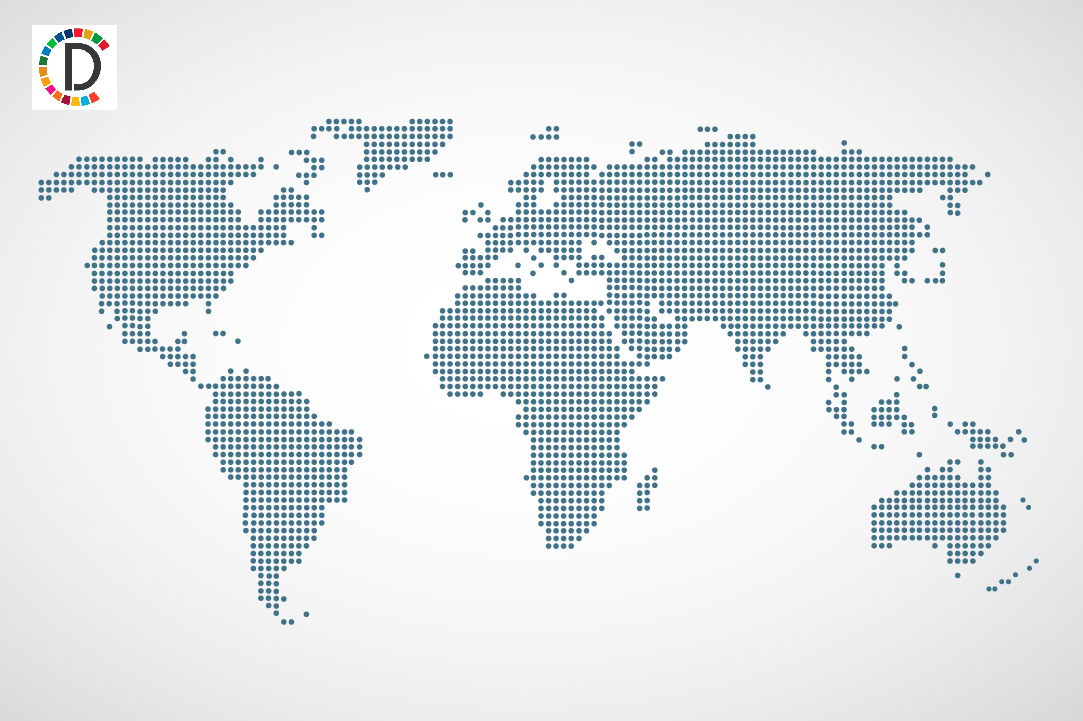Ivory Coast's Political Landscape: Ouattara's Fourth Term and Future Challenges
Ivory Coast's President Alassane Ouattara secured a fourth term with 89.77% of the vote. Despite a history of political turmoil, his leadership has brought stability to the cocoa-producing nation. His future promises include economic growth and a focus on nurturing the next generation of leaders amid a fractured political scene.

Ivory Coast President Alassane Ouattara has won a fourth term, garnering nearly 90% of the vote, as provisional results revealed on Monday. This expected victory comes after key opponents were deemed ineligible, solidifying Ouattara's political dominance after a challenging 2011 election win marred by conflict.
Despite a voter turnout of just 50%, Ouattara's leadership has ushered in stability and economic prosperity in the nation, renowned as the world's top cocoa producer. Opponents, such as former Commerce Minister Jean-Louis Billon and ex-first lady Simone Gbagbo, acknowledged their defeats.
As Ouattara aims to foster economic growth and transition political power to emerging leaders, the nation remains wary. Political engagement has waned post-2010 conflict, with disillusionment lingering. The government remains committed to public order in the face of renewed protests and potential unrest.
ALSO READ
-
Market Surge: Argentina's Economic Revival Post Midterm Elections
-
Ivory Coast's Political Milestone: Ouattara's Fourth Term and Future Leadership Challenges
-
Ivory Coast's Ouattara Reelected Amid Low Turnout and Controversies
-
RJD Purges Disloyal Leaders Amid Bihar Elections Drama
-
Alassane Ouattara Triumphs in Ivory Coast Presidential Race









